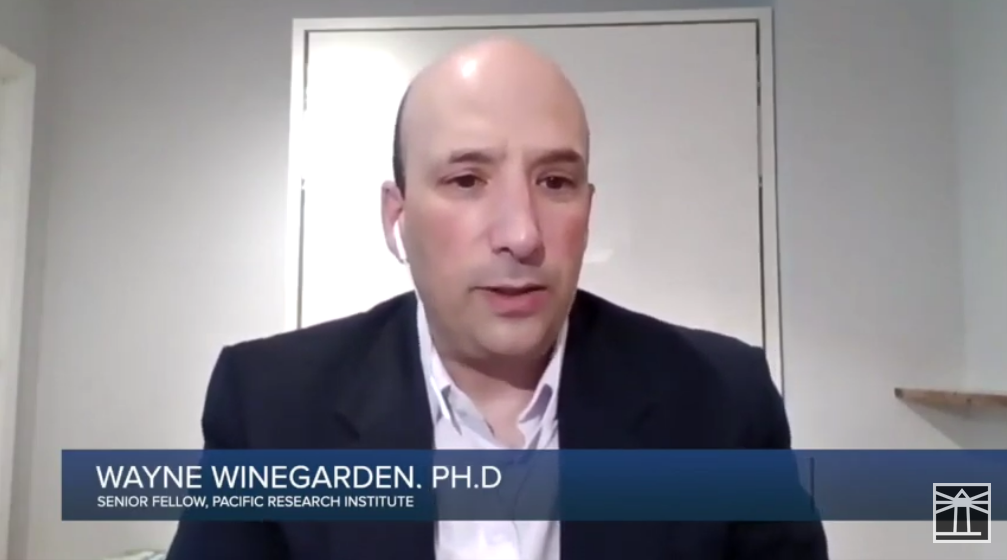The 340B Discounts Hospitals Receive Will Often Exceed Total Drug Prices in Europe
International drug price comparisons aren’t just like comparing apples and oranges, they’re like comparing apples and iPhones. That’s because half of brand drug spending in the U.S. goes to PBMs, 340B hospitals and other middlemen, a dynamic that doesn’t exist in other countries. In some instances, the revenues of some U.S. middlemen exceed the total cost of medicines in other countries by as much as 700 percent. I previously highlighted how estimated rebates and fees PBMs receive for 10 commonly used...








